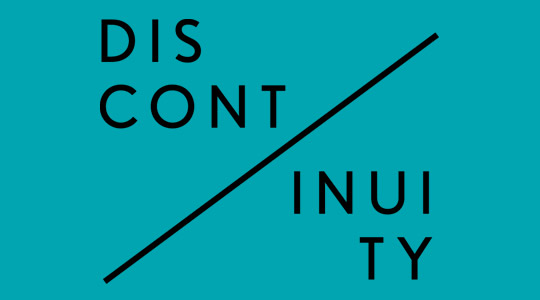Eino Ruutsalo
[FI]

Eino Ruutsalo (19 September 1921 - 2 April 2001) was one of the most prominent pioneers of Finnish visual and kinetic arts.
Ruutsalo began his career in the arts in the 1950s as a painter and sculptor, presenting works concerned with motion and rhythm as installations, before moving towards cinema. He was a member of a loose group of artists who opposed the traditional nationalist and patriotic values predominant in the Finnish art scene of the time, and sought alternative and more international perspectives.
Ruutsalo made his film debut with New York, usvainen kaupunki (“New York, The Foggy City”), produced in the early 1950s with an army surplus camera. In the subsequent decades, Ruutsalo directed a series of experimental short films, such as Kineettisiä kuvia (“Kinetic Images”) that predated the techniques later employed in modern music videos. Ruutsalo would scratch film frames with needles and alter them with paint. He scored his moving images with music from both modern jazz and electronic composers such as Otto Donner, precipitating the development of Finland’s electronic music scene.
Ruutsalo also directed a series of long feature films inspired by the French New Wave movement, such as Hetkiä yössä (“Moments in the Night”, 1961), Tuulinen päivä (“A Windy Day”), Viheltäjät (“The Whistlers”), and his last, Laituri (“The Pier”, 1965). He also made several documentary films, including a profile of the architect Alvar Aalto (1972).


